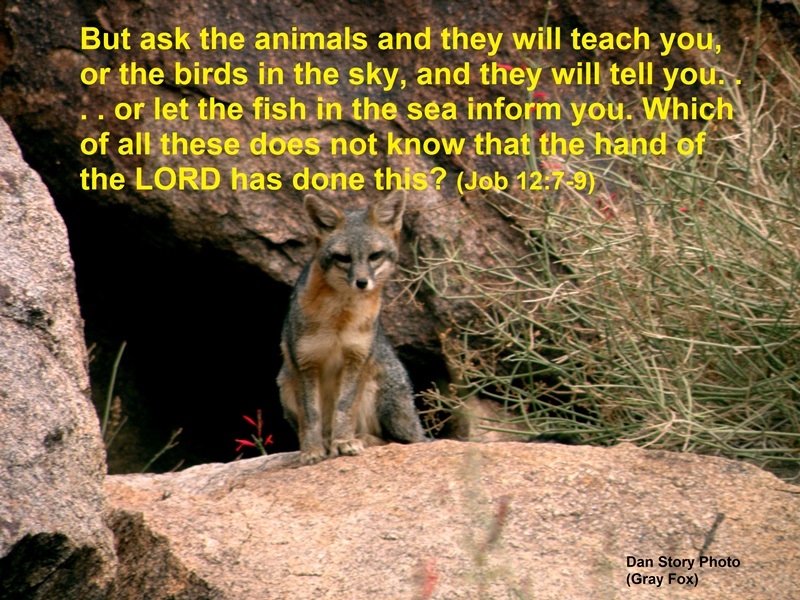Part Four: Animals Have Emotions and Thoughts Corresponding to Humans—Does This Provide Evidence They Have Souls Like Humans?
An enormous amount of data has accumulated during the last century on animal behavior. It’s now widely recognized that sentient animals engage in thought-driven behaviors and experience real emotions and feelings analogous to humans. One of the world’s leading authorities on animal emotions and cognitive abilities, animal behaviorists (ethologist) Professor Marc Bekoff, explains:
New studies are producing information that shows just how fascinating and complex animal behavior can be. Animals who seem incapable of much thought have been shown to have remarkable cognitive skills. . . . Many individual . . . animals show distinct personalities and idiosyncratic quirks, just as humans do. There are extroverts, introverts, agreeable individuals, and neurotic animals. . . There is now mounting evidence that joy, love, grief, jealousy, and embarrassment, for example, are all experienced by individuals of many species. (The Emotional Lives of Animals, xx, 10).
As Bekoff points out, many animals have the same fundamental emotions that closely parallel similar emotions in humans. To these examples can be added altruism, loneliness, sadness, compassion, empathy, friendships, and others. Likewise, these sentient animals also have cognitive abilities analogous to humans, such as acquiring (continued below photo)

knowledge and benefiting from what they learn. Animals retain memories of what they learn and can pass the information on to their offspring and others of their kind. Moreover, animals can communicate in remarkable ways, and, as many ethologists believe, some animals, such as dolphins, primates, and dogs, even have a degree of self-awareness. I provide numerous examples of these emotions and mental abilities—and illustrate them in various species of animals, including pets—in my book, Will Dogs Chase Cats in Heaven; People, Pets, and Wild Animals in the Afterlife. be
If such mental states in people originate in their minds rather than merely instinctive behavior, it’s perfectly legitimate to conclude such traits in animals would likewise originate in their minds. (Instinctive behavior is generally survival information Gods programmed into animals.) Since the human mind is the essential faculty of our souls, it can be reasonably concluded that animals with minds must also have souls. Providing biblical evidence for this is the topic of parts five and six.
However, regardless of their complexity, mental activities in animals are understandably less sophisticated and developed than they are in humans. Nor do animal emotions and mental faculties elevate their value in the created order to that of people—not in my mind, not in most people’s minds, and not in God’s mind. But that animal emotions and cognition are not human-like in intensity or complexity does not mean they do not exist. As scientists who study animal behavior, zookeepers, and pet owners all know and experience, such mental states are unarguably real.
Next Week: I’ll show what the Bible says about whether or not animals have souls—the fundamental requirement if they are to enjoy Heaven.